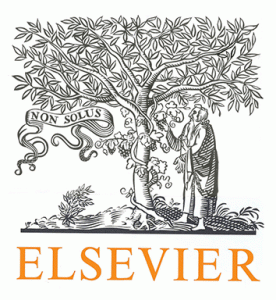 Culture numérique et art-thérapie
Culture numérique et art-thérapie
Digital culture and art therapy
Nathalie R. Carlton (2014). Digital culture and art therapy, The Arts in Psychotherapy 41 (2014) 41–45
Résumé
Cet essai souligne la pertinence de la culture numérique pour l’art-thérapie. En d’autres termes, y compris les compétences autochtones et les activités que les art-thérapeutes doivent comprendre pour devenir culturellement compétents. C’est-à-dire auprès d’un nombre croissant de clients.
Parce que l’utilisation des médias numériques s’est étendue à la vie quotidienne, les effets se font sentir dans la communication et les comportements de routine. Il en est de même dans les influences sur notre langage et nos processus de pensée.
Par ailleurs, les enfants, les jeunes et les adultes sont touchés par le fait que l’affiliation des « computer commons » a augmenté pour la population générale de la société américaine.
Des outils de pratique professionnelle
D’autre part, les art-thérapeutes utilisent les médias numériques, à la fois comme outils de pratique professionnelle comme le courriel, l’archivage, la recherche, la créativité personnelle, le réseautage et la publicité. En plus ils s’en servent comme outils cliniques comme la photographie, l’animation, la vidéo, les tablettes numériques et les logiciels de réalité augmentée pour les processus et résultats thérapeutiques.
Des arguments pour les art-thérapeutes
Par la suite, l’auteur attire l’attention sur les fractures numériques déjà identifiées dans l’art-thérapie. Elles illustrent l’ambivalence à l’égard de ces médias, y compris les perceptions de l’utilisation des matériaux traditionnels. Ceci par rapport aux matériaux synthétiques, les problèmes d’abordabilité et d’accès, et la rareté des possibilités d’adaptation et de développement des compétences aux études supérieures.
Pour clarifier, des arguments pour que les art-thérapeutes développent des compétences continues dans les technologies informatiques et leur compréhension sont fournis par :
- Les lentilles multiculturelles de l’évolution générationnelle,
- les préjugés réactionnaires contre la technologie,
- les périls des divisions de l’économie colonisée et les réactions extrêmes,
- la résistance aveugle ou l’adaptation crédule aux nouveaux médias
Rôle de la recherche et de l’éducation
La recherche et l’éducation peuvent évoluer pour soutenir l’apprentissage éclairé et développemental des art-thérapeutes. En d’autres termes ceci se fera avec les médias numériques afin de rester contemporains et de participer à des palettes créatives. Ces dernières sont en constante expansion et à des interfaces homme-technologie conscientes.

